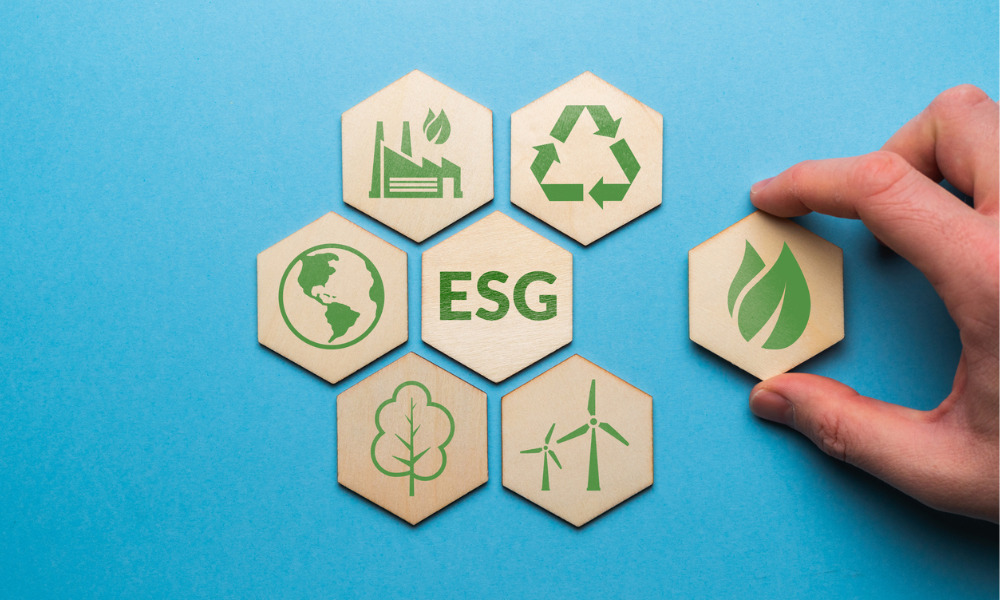Even as investors focus heavily on returns, ESG investing globally continues to gain say industry analysts

The important role of alternative assets in ESG investing is highlighted in a new global report.
Preqin’s ESG in Alternatives 2023 shows that annual capital raised between 2020 and 2022 tripled from US$29bn to $92bn, with European funds in the lead by a huge margin (79% of global aggregate capital).
The average ESG fund size has increased from $400mn in 2017 to closer to $600mn in 2022.
"This report comes at a time when ESG faces new challenges from increasingly vocal and politicized critics,” said Alex Murray, VP and head of Real Assets, Research Insights, at Preqin. Further, a re-focus on performance after a challenging 2022 may have encouraged some to de-prioritise ESG with fundraising so far in 2023 reflecting this.”
North America, although a distant second (14% of the global total) accounted for double the Asia Pacific share and is the leader when in comes to impact investing (57% of aggregate capital from 2013-2023 compared to 37% for Europe and 2% for Asia Pacific.)
Aggregate capital raised for impact investing funds totalled $33.6 billion in 2022, a huge increase from the $2.6 billion raised in 2019.
“Impact investing is emerging as its own distinct market,” added Murray. “Rather than retrenching as many had anticipated, ESG in alternatives is increasingly diverse and sophisticated in what it can offer investors."
Private equity leads
For the broader ESG market, private equity dominates the fundraising, accounting for $75 billion in 2022.
However, infrastructure is nipping at its heals with $71 billion raised and its key role to play in societal change and environmental outcomes should ensure its continued growth.
The report states that managers in this asset class exhibit the highest average levels of transparency reflecting their need to engage multiple stakeholders in the development of infrastructure projects.
There is a prominence of impact funds in venture capital versus ESG integration funds, at 40% compared with 18% across the 2013 – 2023 vintages.
Although there is a growing wave of anti-ESG sentiment from some, Preqin reports that most private capital investors across asset classes either already have or intend to implement active ESG policies within the next 12 months, with 52% of infrastructure investors already having active policies in place.



